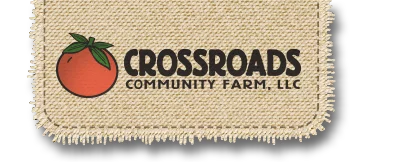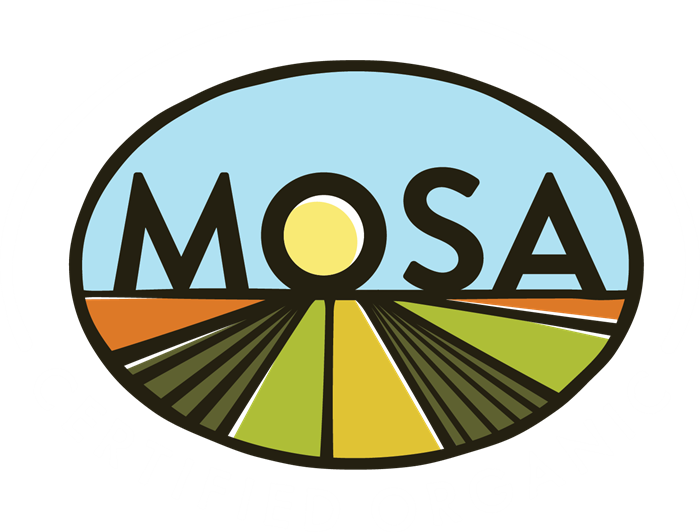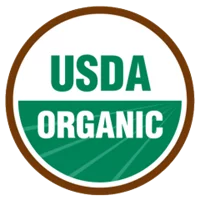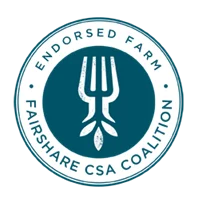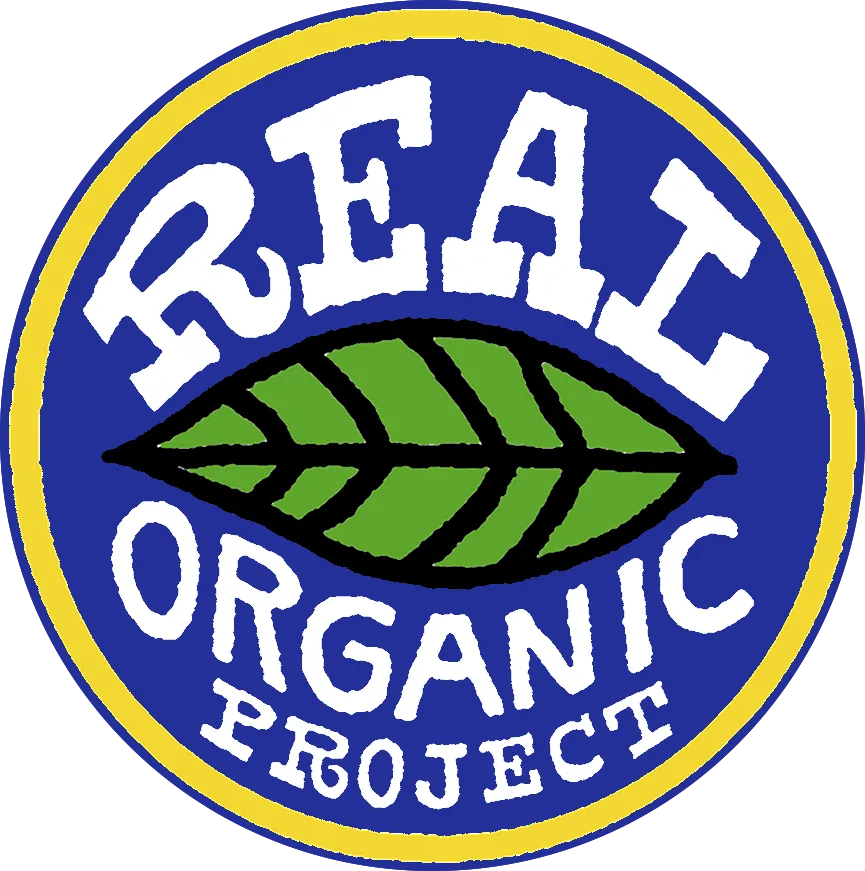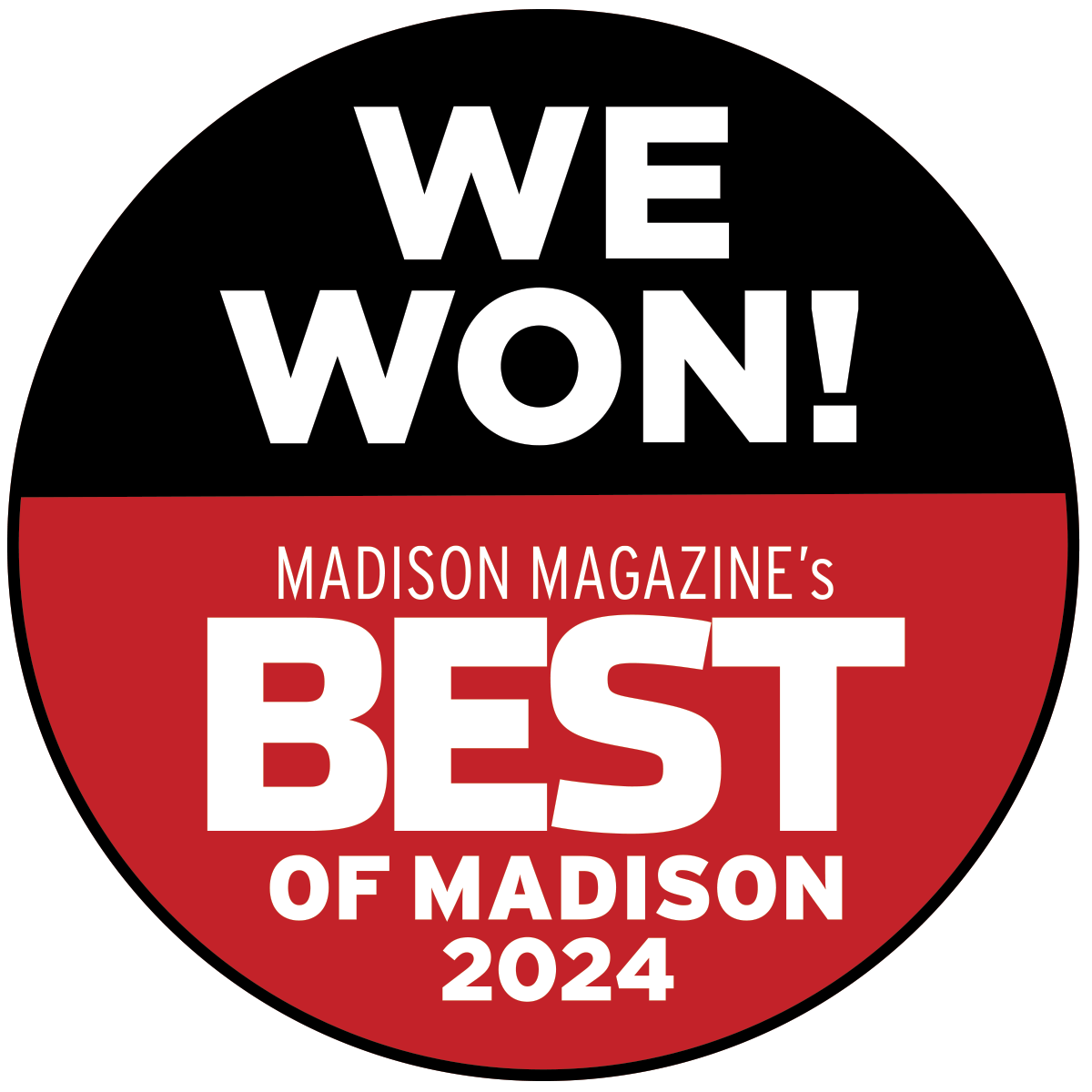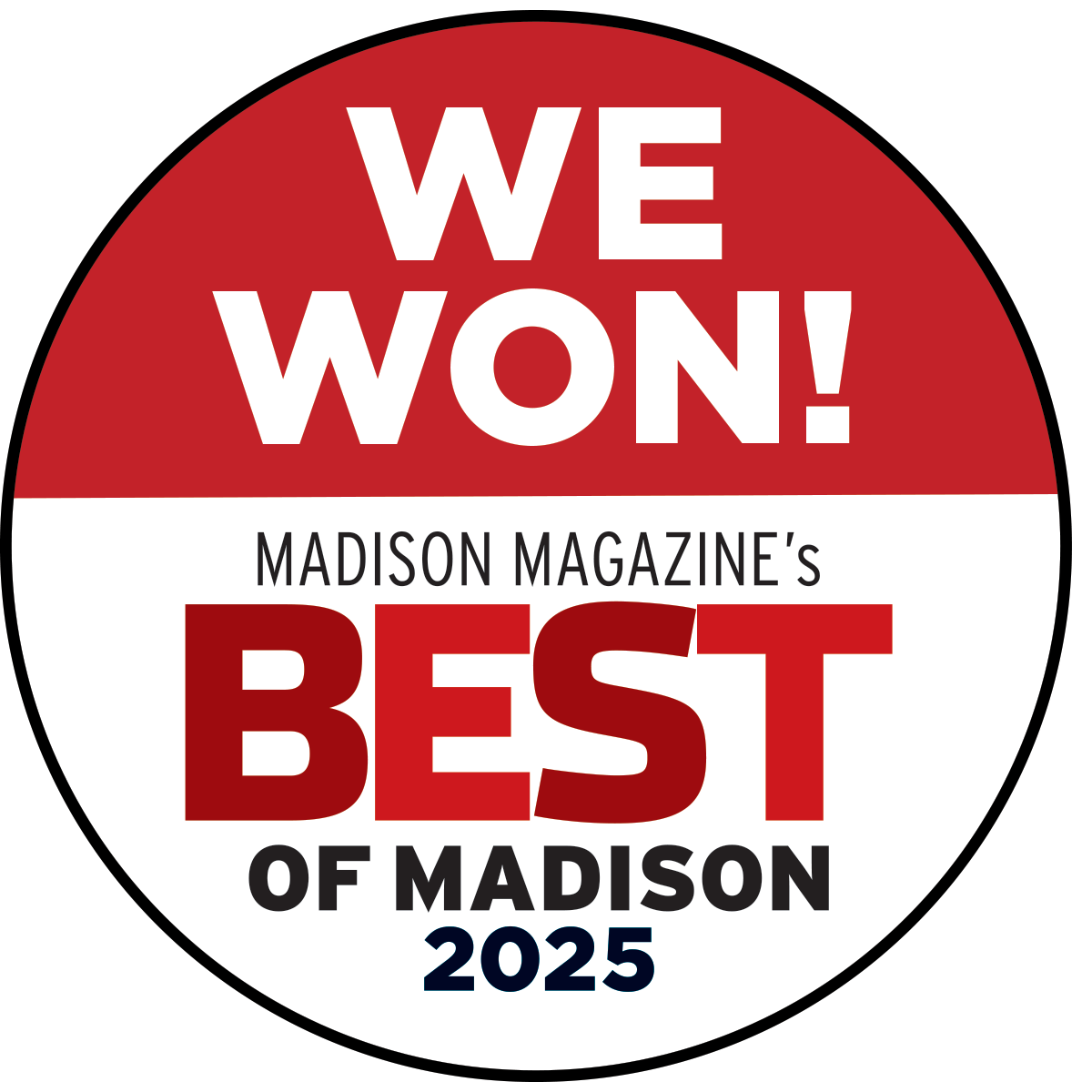Our Lives Feature of Farmer Cassie (Reprint): Summer Week #8 – 7/24/24
Our Lives Article Featuring Farmer Cassie:
In March of 2024, I was asked to write an article for Our Lives magazine, Madison’s LQBTQ+ magazine. They wanted to know about my experience as a farmer coming out and about how our farm has shifted its focus towards food access. The article was printed in the May/June issue of Our Lives. It is reprinted here for your enjoyment. Our Lives also did a photo shoot and there are some fun photos on their online version which you can access here:
https://ourliveswisconsin.com/article/hard-work/
___
Hard Work
Being a farmer prepared me well for coming out. With my dirt-caked boots and weathered hands, I know how to walk into the unknown and hold hope that something beautiful will grow from the tiniest of seeds. Thick heat, cold rains, and tired muscles have taught me how to do difficult things, and how to keep doing them when all I crave is an easing that isn’t yet in reach.
I remember the last day-trip we took as a straight nuclear family. We’d taken the kids on a sunny August canoe float down the Wisconsin River. We were using a farm truck to haul the boat and when I got back inside the cab that afternoon, I was overwhelmed by the smell of tractor diesel and dirt, a smell I associated with home and my partner. It undid me. It was the smell of my life as I knew it. Our separation planned and imminent, my soon to be ex-husband held my hand as we drove back east on Highway 14, my tears falling silently amidst the unknowing chatter of our three daughters in the back seat.
At that moment I could never have imagined the expanded beauty my life now contains. All I knew then was that I had to leave the life I was currently living, and that was terrifying.
Beginnings
I always tell people I fell into farming.
From a very young age, I was deeply in love with the natural world around me. I struggled (and still do) to understand why our culture commodifies, devalues, and degrades the natural systems that sustain both our bodies and spirits.
Tired of grading papers and prepping environmental science lectures, one summer on a lark I took a job on a local organic farm. The days felt impossibly long that season, but I kept at them because I could feel myself accessing something deep and meaningful in the work. Working outside in the community of humans and birds and bugs to grow food that then sustained me, tapping into that cycle, felt right and true. It made me feel whole.
Eventually I met my now ex-husband and farming partner. Together we built a successful, local organic vegetable farm. Together we created a family sustained and kept healthy by the literal fruits of our labor.
Lines
When I think about my coming out story, one visual always pops up in my mind – a smile line.
A farming community colleague and I had started meeting up to discuss the lack of connection between farms like mine and folx struggling to put food on the table. First we had these conversations in meetings, then over beers. One evening at the Ohio Tavern, she found something I said darkly ironic. She smiled. She has this smile line that pops up on the left side of her face, but never the right. I noticed from deep within that this fact delighted me.
From that tiny little uneven smile line, eventually I could draw a whole line that connected many dots inside of me. There were so many things I had overlooked and misunderstood. The truth had been there all along.
At first, that little line and what it had revealed to me was an unwanted revelation. But eventually my ex-husband and I began to see it as a gift. It morphed into a bright, clear line of explanation. You see, as partners we had brought to life so much beauty. And yet we felt unfulfilled together. There was something intangible, unnameable that was missing from our relationship. We both felt it for years, but we didn’t know what it was. We had tried so very hard to grow what wasn’t there. But some things even farmers can’t grow.
Looking
It was May. JJ came to the farm to help out for the afternoon. They were helping me pull muddy, wet row cover off of the bok choi rows to dry in the sun. With smiling eyes and a mischievous grin, they said, “I hear the queer community has a new gem.”
Fast forward to August that same season. JJ was back, helping weed the pepper beds.
“JJ, what do you mean when you say queer community? I don’t really understand what that means, or how I can become a part of it – especially living out here.”
JJ thought for a minute. They’d been out for most of their adult life and had lived in urban settings most of the time. Queer community wasn’t something they had to think about seeking at this stage in their life.
“Hmm,” they said. “Maybe… sports?”
Beauty of Hard
The growing seasons began to pile one on top of another, layered year by year. After some time I recognize what June tastes like. My eyes and skin learn that the goldenrod, delicata squash, and soft low light make September the yellow month. My life becomes a mixture of patchworked green fields, crisp fresh food, boisterous smelly crew mates, comical farm dogs, and chubby strawberry stained cheeks. My existence is woven between the land I work, the food I grow, the birds that serenade me, the people I sweat alongside of, and the humans I love.
Farm work is hard. And as much as we would like to soften it, nature has different ideas. We work in the elements – transplanting onions with numb hands in April, slogging through fields during July rains, harvesting tomatoes in August heat waves, knowing they would spoil before more comfortable working temperatures return. We bend down. We hoe. We shovel. We lift heavy things. We have to repeat mundane tasks in the heat at efficient paces. One hail storm can destroy months of labor. And well, the baby plants in the greenhouse don’t understand that it’s Saturday – they are still thirsty. Farm work and farm life demands much of us.
It is achingly beautiful. A true privilege.
An Ask
Family meetings happen on Sunday evenings. Whichever parent hasn’t had the girls that weekend cooks a nice meal for the whole family with whatever vegetables are in season. The other parent brings the girls over for what we call ‘transfer’ – a term borrowed from the farm, for the constant movement of trucks, tractors, produce, and people from one set of fields to another.
These meals are a safe space we created for the girls, where they know they will have access to both of their parents together once a week to discuss plans, events, requests, and family matters that require parental agreement.
One family meeting, a few years back, I was nervously preparing to bring up a topic of my own. I had learned about Madison’s gay hockey league, and I wanted to join. With a slightly trembling voice, I asked my kids and co-parent if they would be willing to sometimes have family meetings on Monday nights during the winter so I could play hockey on Sundays and possibly meet other queer folks.
I held my breath. Thankfully, they said yes.
A New Lens
I used to think that my coming out and the concurrent shift of my farm’s work toward food access was a coincidence.
I see now that it wasn’t.
Coming out allowed me to access a part of myself that had never before been available to me. And without realizing it, at that same time I began to grapple with concepts of accessibility through many different lenses. What did I have access to? What didn’t I? What access do I have that others don’t? What responsibility do I have to increase access to others and what does that look like?
Nourishing Access
For the past four growing seasons, every Wednesday we load up a white cargo van with enough vegetables to feed 60-80 households. Alex from Healthy Food For All then drives these veggies directly into food apartheid neighborhoods in Madison, where folx who lack access (both the cash kind and the car kind) to fresh, high-quality local, organic produce, can take what they want for free.
On those same Wednesdays, we also deliver vegetables for 40-60 households directly to Badger Prairie Needs Network’s pantry where shoppers can get our beautiful produce at no cost.
The food we give away is of the highest quality. We want to make sure recipients feel respected, dignified, and cared for – because everyone deserves access to beautiful, nourishing food.
Community
Recently I attended an annual fundraiser for the gay hockey league at Club Five. I walked in and everywhere I looked there were friendly faces I knew. The energy in the place was light, fun, connected, and I felt a solid sense of belonging. In my mind I could hear my favorite captain cheering, “Let’s play hockey with friends!”
Years back in the peppers with JJ, I remember being so scared and vulnerable when I asked them about queer community – what it meant and how I could find it. Through hockey, I now know that answer in lived experience.
It’s one thing to seek out queer community that already exists. It’s another to try and cultivate it in one’s own space. As I have begun to feel more comfortable in my own queer boots, I feel both a personal desire and a responsibility to grow community right here in my fields.
These days, if you drive up to our farm during the growing season, the long tidy rows of different organic vegetables (as opposed to the monocultures growing around us), our unusual blue barns, and a queer flag fluttering off the front porch will greet you. Out in the fields you’ll find a workforce that averages 55 percent openly identifying as queer. And if you ask those queer workers what attracted them to our farm, they’ll tell you it was the evidence of inclusivity, both in the creation of a queer rural space and our food access work that drew them. And like all farmers, they’ll tell you there’s always more work to be done – improving accommodation for neuro-diverse workers and creating a more inclusive environment for BIPOC crew members are areas our farm needs to improve.
What Grew
On the day of the canoes, diesel, and tears – I was terrified that my family would be broken and that I would lose the farming life and the career I held so dear. All I knew then was that I had discovered a beautiful truth, a seed that must be allowed to germinate no matter how frightening.
Now, I have access to the truest version of myself.
Now, my family, redefined, is stronger.
Now, I belong to and am uplifted by queer community – one discovered, one created.
Now, concepts of inclusivity and access weave their way throughout our entire farm business, with tangible on-the-ground results both in our fields and our community.
My life and career did not end. They changed and flourished into something far more gorgeous.
Pride
I had just attended my teenage daughter’s parent teacher conference – looking every bit the farmer I am. I was in dirty work pants, a sweat-stained cap and t-shirt, with a radio on my hip and visible dirt in my nails. My muddy boots had left a brown trail down the tiled hallway. My daughter was furious. Middle school is a time to fit in with the pack, and from her perspective, I had carelessly alerted the predators of her difference.
“Why are you so weird?!” she yelled. She wanted a fight. “You don’t wear make-up. You’re divorced. You’re gay! You’re learning to play hockey, as like, an old person. You’re still friends with Dad and call him family. You’re an organic vegetable farmer and have this like ‘queer farm,’ AND you and Dad still work together! You can’t even divorce like regular people. Can’t you do anything normal?!”
To this I responded, “Oh, my love. I am so proud of everything you just said.”
–
To learn more about Crossroads Community Farm and their food access work, please visit https://crossroadscommunityfarm.com/food-access-work/
